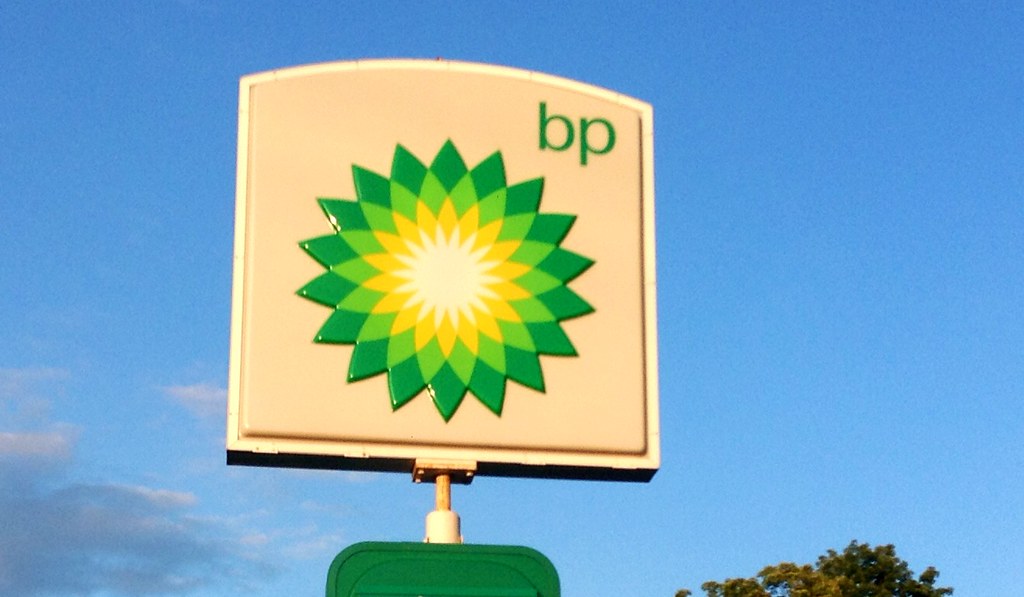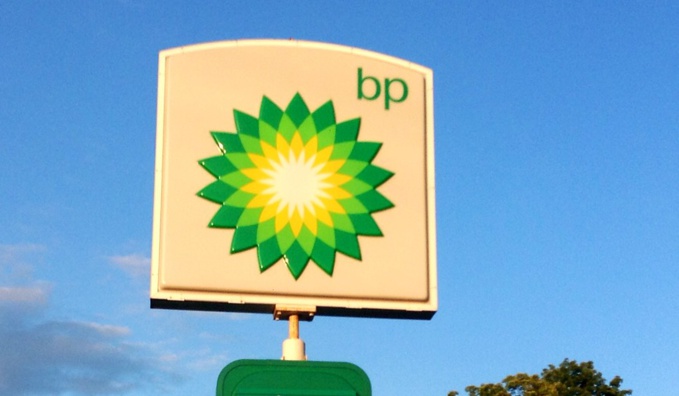The outlook on the long-term Equinor rating at “AA-” was downgraded to negative from stable, Total’s “A +” was revised down to negative from positive. For the British BP rating at “A-”, the outlook was downgraded to stable from positive, for Eni's rating at “A-” - to negative from stable.
The agency explains the actions by the expectation of weak indicators of debt coverage by companies in 2020, as well as a different degree of uncertainty about the pace of recovery later.
The agency notes a sharp decline in oil prices, in connection with which S&P analysts updated the forecast for oil. Now the cost of Brent crude oil is expected to reach $ 30 per barrel by the end of this year, in 2021 - $ 50 per barrel, in 2022 - $ 55 per barrel. In 2019, according to the agency, Brent oil was worth $ 60 per barrel.
Oil prices have almost halved since the beginning of March amid the outbreak of coronavirus and the collapse of the OPEC + deal. On March 6, the countries of the alliance could not agree on either changing the parameters of the deal to reduce oil production or to extend it. In particular, Russia proposed to maintain the existing conditions, and Saudi Arabia - to further reduce oil production. As a result, from April 1, restrictions on oil production in the member countries of the former alliance are lifted.
source: standardandpoors.com
The agency explains the actions by the expectation of weak indicators of debt coverage by companies in 2020, as well as a different degree of uncertainty about the pace of recovery later.
The agency notes a sharp decline in oil prices, in connection with which S&P analysts updated the forecast for oil. Now the cost of Brent crude oil is expected to reach $ 30 per barrel by the end of this year, in 2021 - $ 50 per barrel, in 2022 - $ 55 per barrel. In 2019, according to the agency, Brent oil was worth $ 60 per barrel.
Oil prices have almost halved since the beginning of March amid the outbreak of coronavirus and the collapse of the OPEC + deal. On March 6, the countries of the alliance could not agree on either changing the parameters of the deal to reduce oil production or to extend it. In particular, Russia proposed to maintain the existing conditions, and Saudi Arabia - to further reduce oil production. As a result, from April 1, restrictions on oil production in the member countries of the former alliance are lifted.
source: standardandpoors.com



















